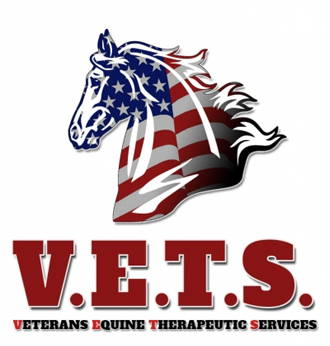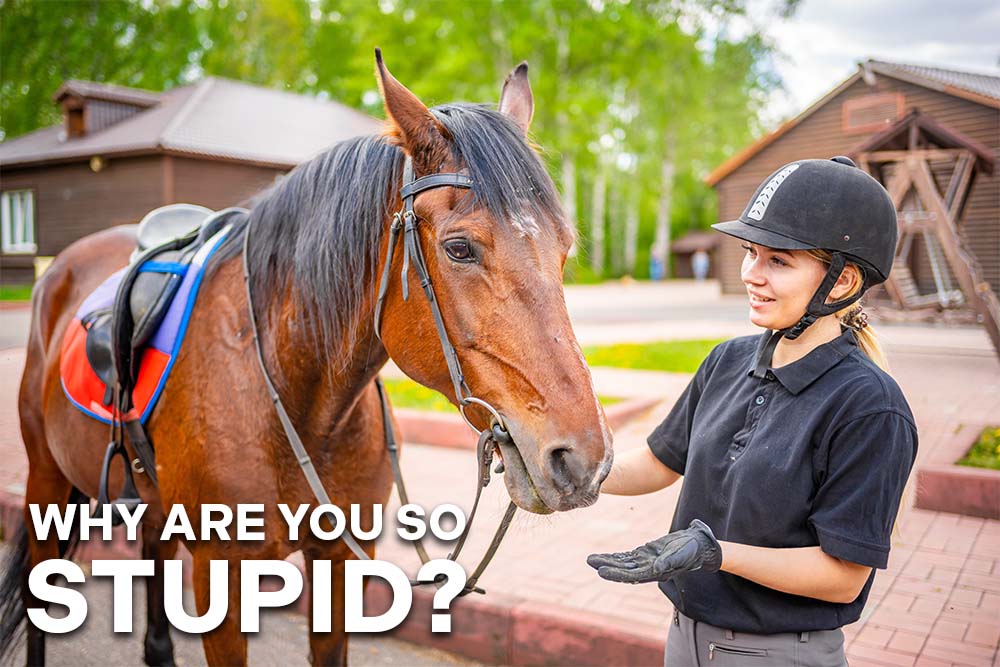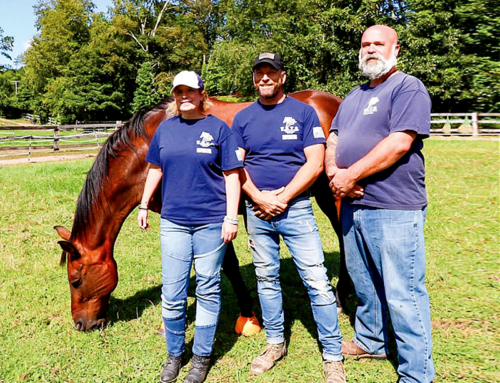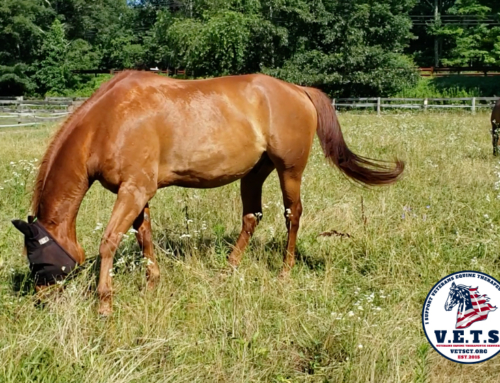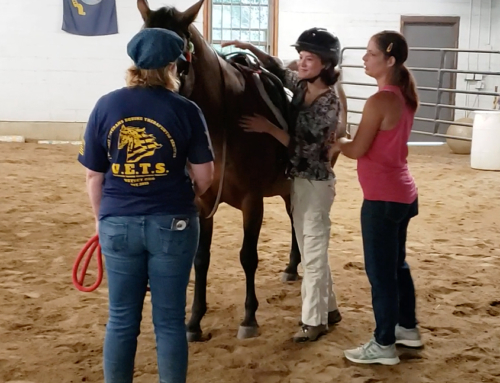What Does the Way We Talk to Our Horses Say About Us?
I have spent much of my life around horses, in both therapeutic and traditional settings, and one thing I continue to hear troubles me deeply. Too often, people in barns, sometimes even instructors and mentors speak to their horses with words filled with anger or disdain. Comments like “That horse is stupid,” “You’re brainless,” or “He’s a jerk.” These words roll off the tongue far too easily.
But what does that really say about us?
A Horse Can Only Be a Horse
Both Monty Roberts and Buck Brannaman have said in their own ways that “A horse can only be a horse.” Horses think like horses, react like horses, and behave as horses because that is how they have survived for a million years. Their instincts are not flaws. They are the very reasons the species is still with us today.
When we dismiss a horse’s reaction as stupidity, we ignore our own role in the exchange. The truth is that when a horse gives us a response we do not like, it is not nessecarily because the horse is wrong. It is because the horse may not understand what we were asking. That gap between the question we thought we asked and the one the horse actually heard is the hinge point of communication.
Our timing may have been off. Our cues may be inconsistent. Our signals may be confusing. The horse, doing the best it can with the information provided, offers an answer. If that answer does not match our expectation, the responsibility lies with us. Horses cannot step outside their nature. They can only respond to what they perceive. The challenge is not for the horse to “be smarter.” The challenge is for the human to ask better.
The Human Tendency Toward Violence
Unfortunately, many people faced with that gap in communication default to frustration. Humans, as the apex predator, have a long history of escalating violence and using force to get results. We shout, slap, or hit, especially with animals who do not speak our language. This is not strength. It is ignorance.
When directed at horses, this behavior is selfish and immature. What is worse, newcomers to the horse world watch these actions and often imitate them. Wanting to look experienced, they mimic the harsh words and heavy hands they see from people in leadership roles. And just like that, the cycle of negativity perpetuates itself in barns across the country.
A Call to Be Better
From my viewpoint in therapeutic environments, this cycle can be especially damaging. Veterans and participants come to us seeking alternatives to violence and anger. They come searching for a different way to be in the world. If they encounter the same old patterns of dominance and aggression in a barn that is supposed to represent healing, then we have failed them.
As co-founder of Veterans Equine Therapeutic Services and a former PATH-certified equine specialist in mental health and learning, I believe we owe it to our participants and to our horses to do better. That begins with how we speak. Kinder, more thoughtful language toward horses sets the tone not just for how we work with them, but for how we treat ourselves. Negative talk aimed at an animal often becomes negative self-talk. And no one deserves to carry that burden.
Responsibility in Leadership
I am not suggesting we anthropomorphize horses. They are not humans. They are horses. But because we, as humans, claim the higher ground of intelligence and understanding, it is our responsibility to rise to the occasion. Those of us who are instructors, mentors, or even simply the experienced hands in the barn hold influence. People watch us. They learn from us. Some even emulate us.
And with that influence comes responsibility. As Peter Parker once said, “With great power comes great responsibility.” In our barns, that means becoming constant students and practitioners of empathy, patience, observation, and compassion. It means remembering that a horse will always be a horse. It is up to us to be better humans for them and each other.

